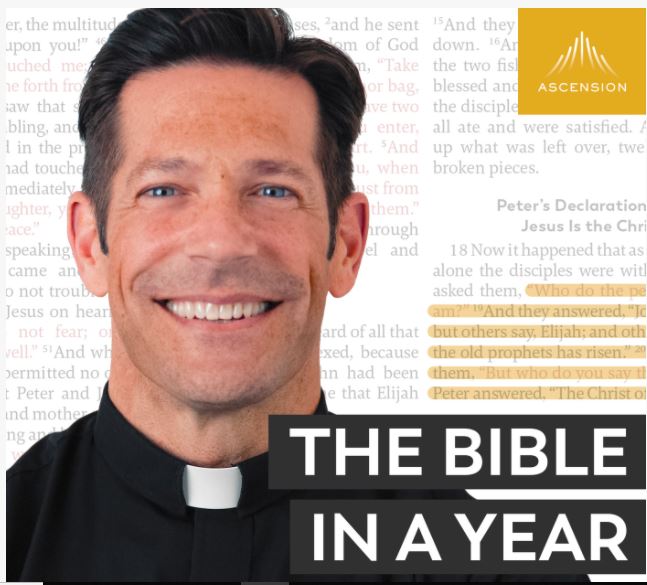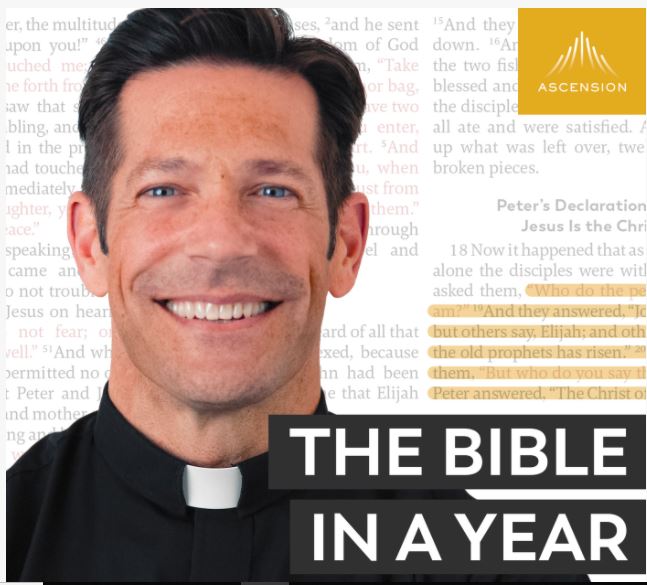

Thea Bowman was one of the great treasures of the American Catholic Church. Ablaze with the spirit of love, the memory of struggle, and a faith in God’s promises, she impressed her audiences not just with her message but with the nobility of her spirit.
Born in rural Mississippi, she converted to Catholicism while attending parochial school. Later, as a Franciscan nun, she found herself the only African American in a White religious order. But she had no desire to “blend in.” She believed her identity as a Black woman entailed a special vocation. She believed the Church must make room for the spiritual traditions of African Americans, including the memory of slavery, but also the spirit of hope and resistance reflected in the spirituals, the importance of family, community, celebration, and remembrance.
She was a spellbinding speaker who preached the Gospel to audiences across the land, including the U.S. bishops. After being diagnosed with incurable cancer she bore a different kind of witness. She continued to travel and speak, even from her wheelchair. To her other gifts to the Church she added the witness of her courage and trust in God. “I don’t make sense of suffering. I try to make sense of life,” she said. “I try each day to see God’s will.” She died on March 30, 1990, at the age of fifty-two. Her cause for canonization is in process.
“What does it mean to be black and Catholic? It means that I come to my church fully functioning. I bring myself, my black self, all that I am, all that I have, all that I hope to become.”
—Servant of God Thea Bowman
//Give Us This Day//




